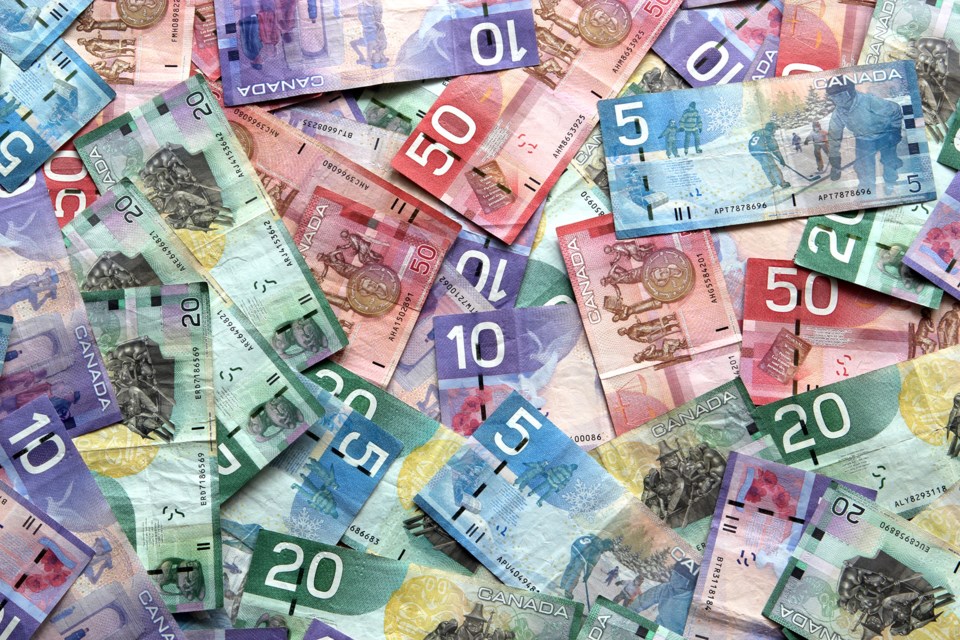With the COVID-19 pandemic and continued concern regarding transmission of the disease by surface contact, it would seem a viable source of unease.
But the Canadian Association of Secured Transportation begs to differ, pointing out in a recent press release that there’s little data when it comes to the coronavirus and transmission through banknotes and coins – and that frequently touched items such as credit card terminals and PIN pads could be a higher risk.
“According to the World Health Organization, there is currently no evidence to confirm or disprove that COVID-19 virus can be transmitted through coins or banknotes,” Steve Meitin, president of CAST said in a press release. “However, respiratory droplets expelled from an infected person can contaminate and persist on surfaces. Wash your hands regularly and thoroughly after touching any frequently-touched surface or object, including coins or banknotes. Avoid touching your eyes, mouth and nose, if your hands are not cleaned.”
CAST promotes and advocates interests of Canadian providers of secure transportation of valuables while advancing industry standards across Canada and abroad.
Complicating the issue is how heavily cash is used by some of the most vulnerable segments of our population – including the elderly, the blind, young people without bank accounts or those without credit.
That’s led to the Bank of Canada asking retailers to continue accepting cash, saying it “strongly advocates that retailers continue to accept cash to ensure Canadians have access to the goods and services they need. Refusing cash purchases outright will put an undue burden on those who depend on cash and have limited payment options. It’s important to keep in mind that the risks posed from handling cash are no greater than those posed by touching other common surfaces like doorknobs, kitchen counters and handrails. Canadians handling cash should follow the public health guidelines on COVID-19 and wash their hands often, as they would do for other activities.”
A Switzerland-based banking organization also recently published a paper suggesting that transmission via banknotes is low compared to objects that are touched on a regular basis, and that banning cash could impact unbanked and older consumers.
“CAST believes, based on the best available scientific literature, that handling currency carries little risk of contracting COVID-19, so long as proper procedures are followed – the same precautions that are recommended in handling debit/credit cards or mobile phones,” Meitin said.




